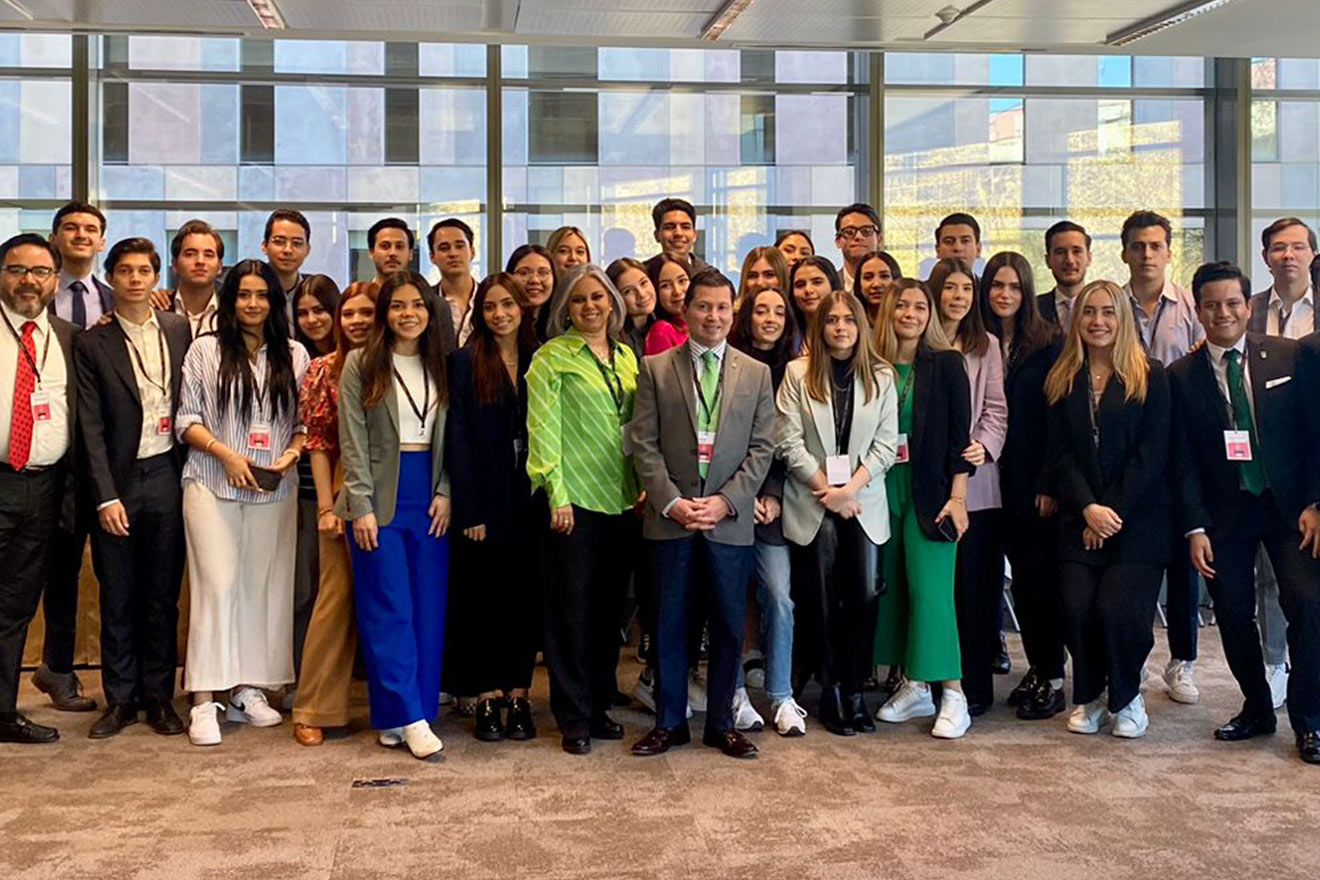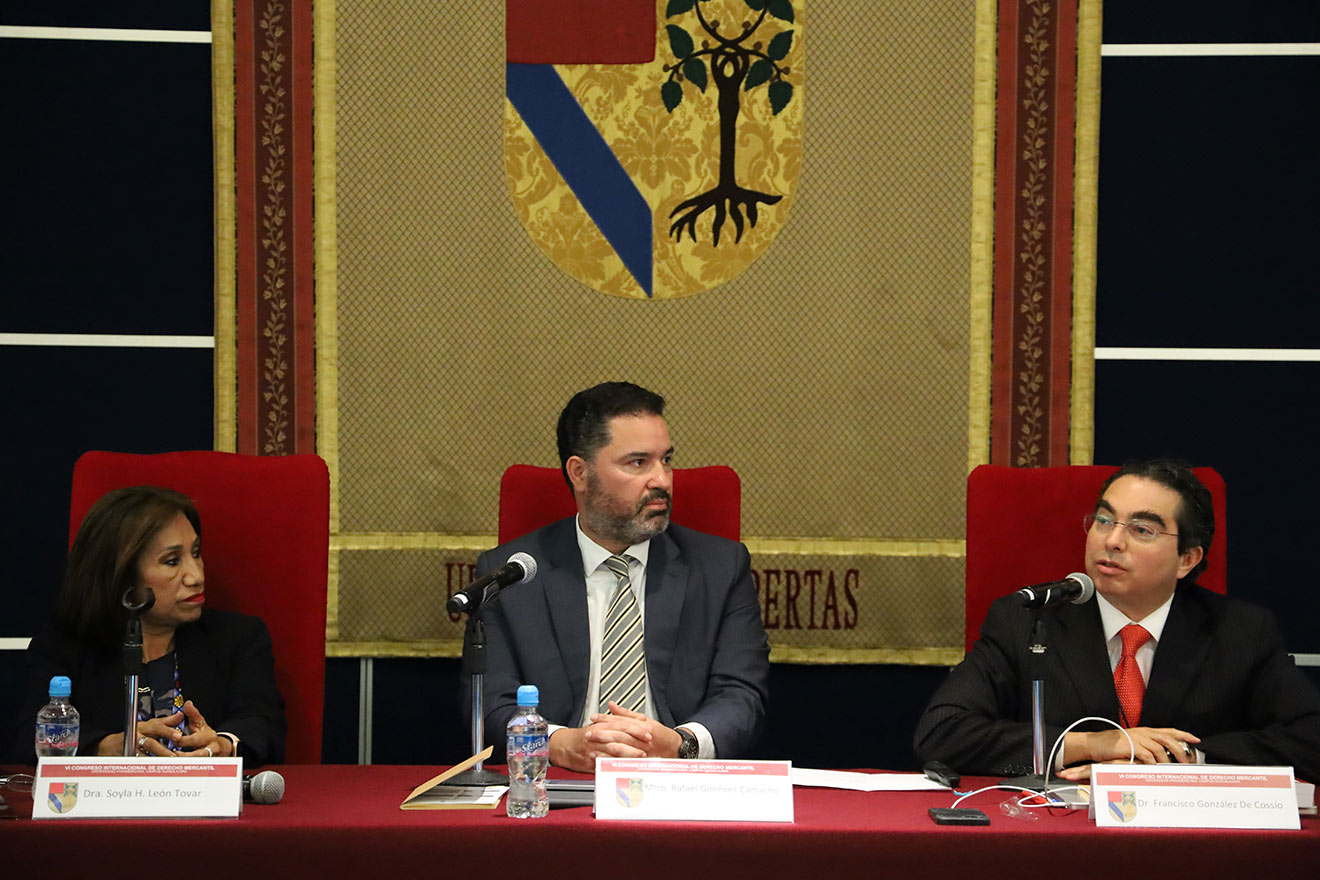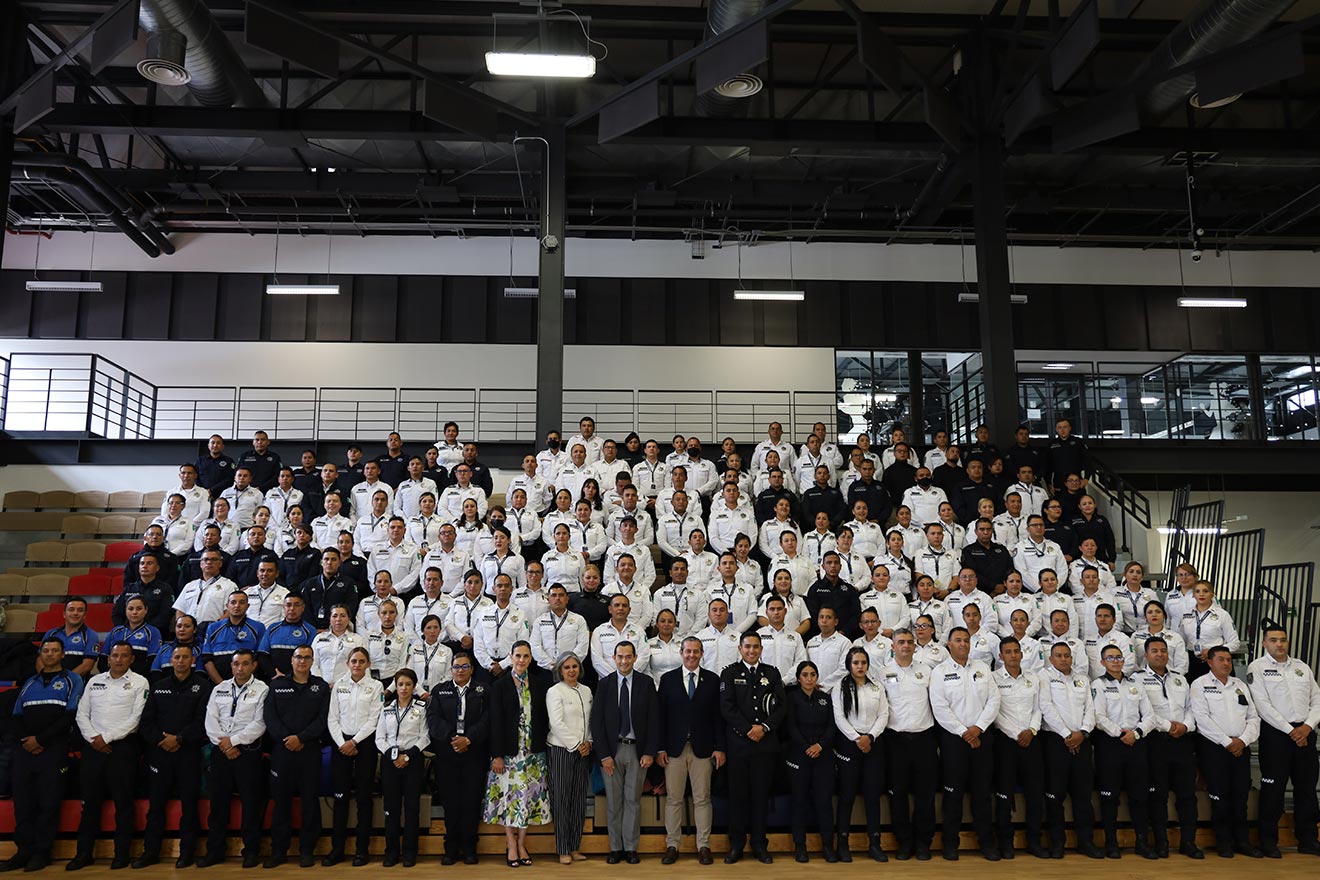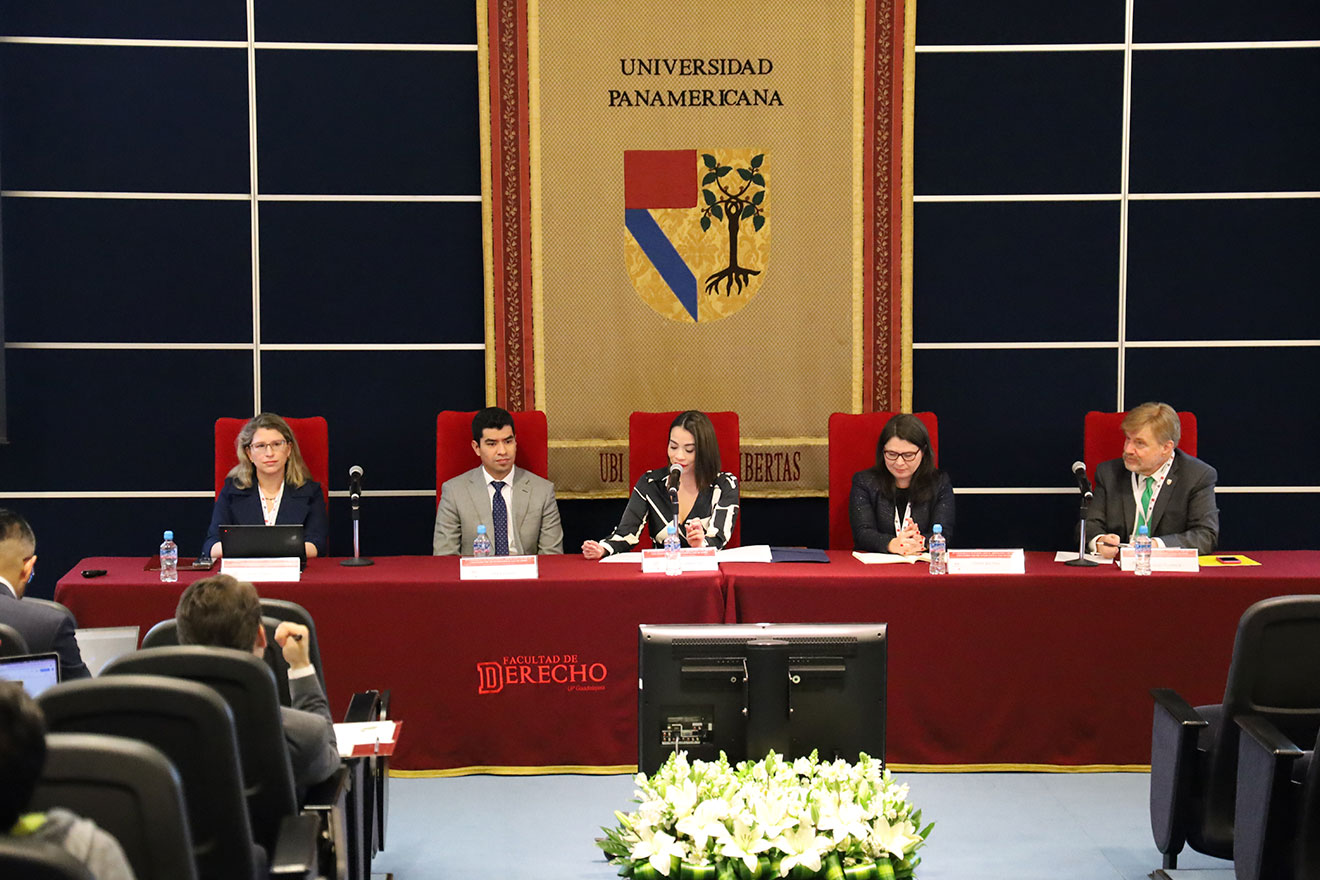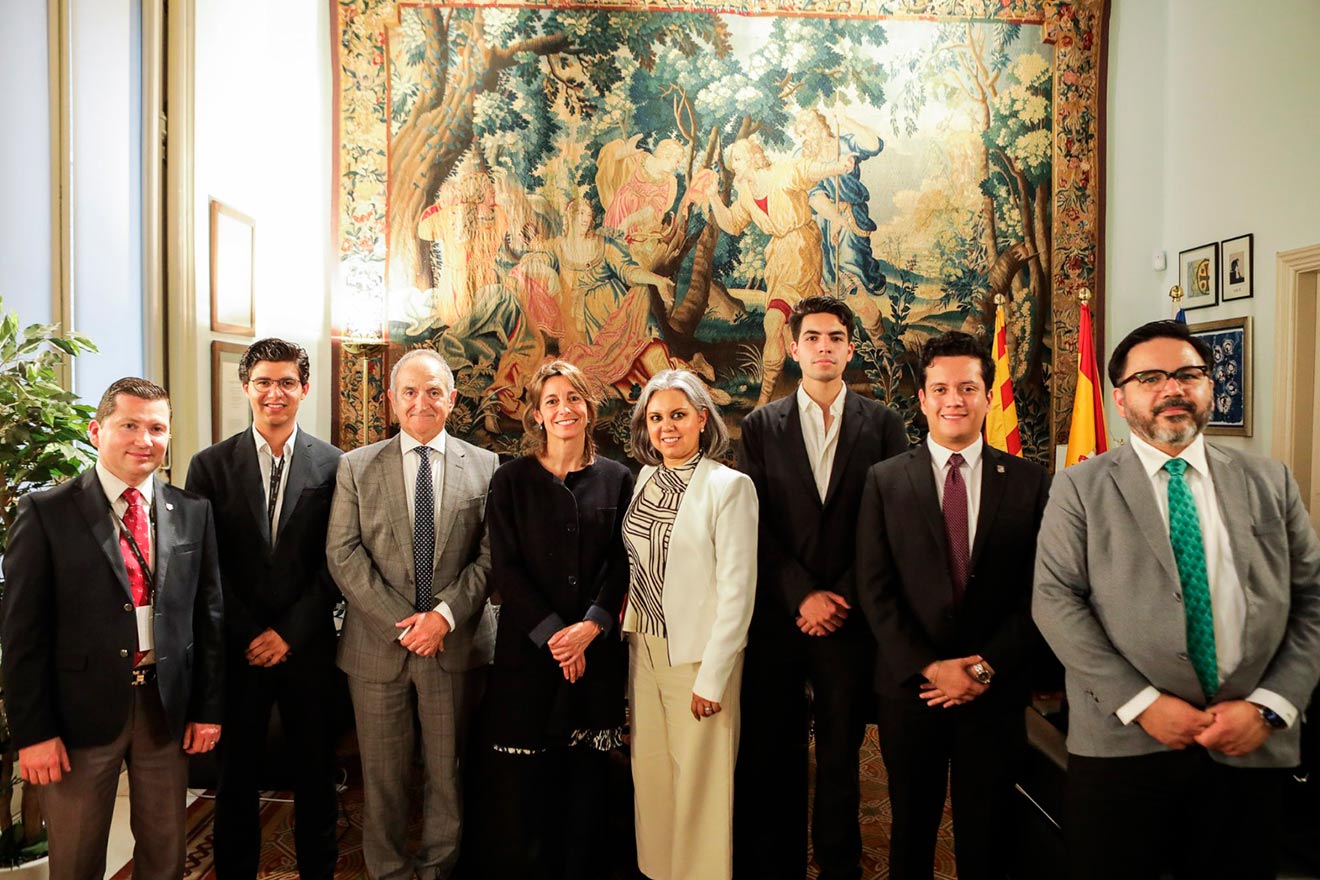Aguascalientes, Ags. February 7, 2023.- Master in Law Zulema González Reyna has excelled as a professor at the School of Law and the School of Economics and Business at our Panamerican University. PanamericanaShe has also distinguished herself as a promoter of leadership and a great representative of the professional development of women lawyers in Aguascalientes.
On the other hand, she is a founding partner of the law firm Pacheco & González Law Firmwhere she provides specialized attention to her clients based on an updated vision according to their personal needs.
Law and women
Law is one of the areas of the social sciences whose protagonist is the human being as a subject capable of adopting certain attitudes towards the social-historical process. It is also one of the areas that are most rapidly affected, with processes of vertiginous changes that occur worldwide and that lead to "new forms of economic, political, social, cultural, family and personal relationships".
In this process of evolution and progress that humanity is undergoing, women play a decisive role in the search for a new world order that will enable them to move from mere spectators to active participants in the economic, political and social development of peoples and to enjoy, alongside men, equal rights and opportunities to achieve better living conditions.
"No one doubts that law plays an important factor for women to achieve the consolidation and respect of their human and constitutional rights, because it is a mechanism through which legal scholars can be involved in the promotion, creation and application of laws from a gender perspective, that is, through a non-discriminatory awareness and in the defense of women's human rights, from the current legal reality," she states.
Women's progress in equity policies has been significant in recent decades, with the creation of legislation and institutions and the gradual incorporation of women's concerns into international agendas.
According to the contexts, the degree of organization of feminist movements, and the culture, traditions and sensitivity to the gender perspective of each State, women's demands for access to justice, education, health, work and a life free of violence have been advancing.
Women's concerns have been gaining ground as they have positioned themselves as agents of change at the international level; however, this integration not only responds to a firm conviction for their needs and interests, but also to the demands of international organizations. Due to this pressure, they had to be included as agents with specific needs marked by the inequality gaps that historically existed between women and men.
There are countless international normative instruments that promote women's human rights, but like any instrument, they can only be used if we know that they exist and what they are for, and they are little known, leaving their management in the hands of international experts. In order to make a true reference in the vindicatory actions for the fundamental human rights of women, as defined by the international community, it is necessary to know them, disseminate them, assert them before national and international jurisdictional instances and organize information and dissemination actions on their contents.
Human rights and women
It is important to learn what human rights are and the legal instruments that contain them as a first step in recognizing the need for national laws and regulations that guarantee and implement these rights.
The situation of women is a social problem, inequalities and discriminations that stifle thousands of women of all social classes are suffered all over the planet, which is why the oldest concern comes from international organizations, which have generated documents of great validity.
There are many international agreements that have been consolidating women's rights, some of which are described below.
Of all the international conventions and agreements, the Convention on the Elimination of All Forms of Discrimination against Women (CEDAW) is considered a milestone in the recognition of women's rights, because it contains the guiding principles for States to adopt appropriate measures aimed at eradicating discrimination against women.
Signed by Mexico in 1980 and ratified in 2001, this Convention recognizes the following rights: health, education, political participation, economic well-being, freedom from violence, as well as many others.
"Women are entitled to full and equal enjoyment of all their human rights and to live free from all forms of discrimination; this is fundamental to the achievement of human rights, peace and security and sustainable development," she stresses.
The protection of women's rights must be enshrined in national laws and policies firmly rooted in international human rights standards and, equally important, in the application of laws in such areas as ease of access to the courts and the expectation of a fair trial.
Women must know their rights and be empowered to claim them. Social attitudes and stereotypes that undermine gender equality must be challenged and changed.
"There is still a long way to go, but there is no doubt that we have made progress in the recognition and exercise of women's rights, and it is up to us professors, trainers of legal professionals, to whom it is our duty to continue with this work of achieving legal equality of men and women, for which so much has been fought and longed for, and for which we seem to be closer every day", he concludes.



